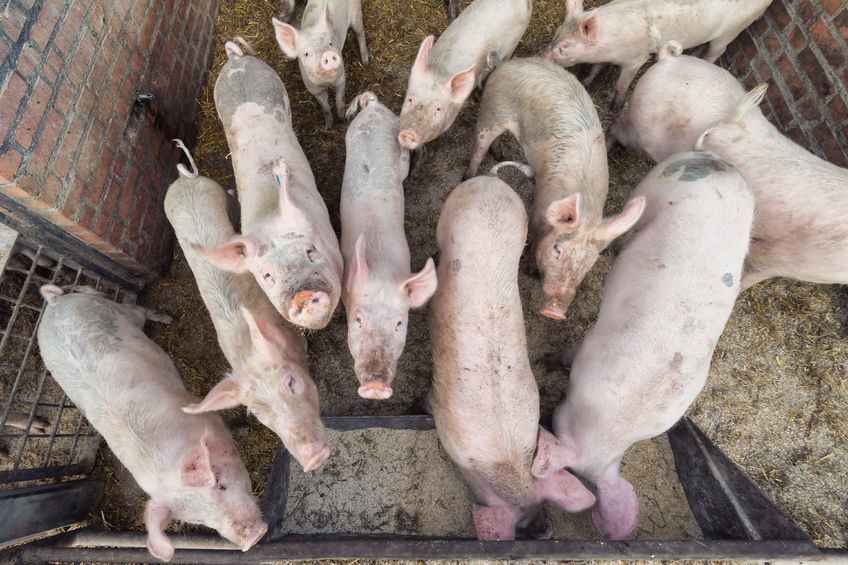
The pig industry has called on government to delay the introduction of new emissions levels, which is feared could unfairly penalise some pig farmers.
The Environment Agency will review all existing environmental permits over the next four years, following the introduction of new requirements for permit holders.
The main change is the introduction of Best Available Technique Associated Emission Levels (BAT AELs). The AELs for ammonia emissions and nitrogen and phosphorus excretion will apply to all permits.
BAT AELs means the available techniques which are the best for preventing or minimising emissions and impacts on the environment.
The Environment Agency will be sending questionnaires to all permitted farms this autumn to determine whether existing permits comply with the new standards and to identify what, if any, improvements are required.
Farms with a permit, or those applying for one, will need to comply with the requirements as soon as the new/updated permit is issued, the Environment Agency has said.
'Decades old research'
But the National Pig Association (NPA) has told Defra that the standard emissions factors currently used are based on decades old research.
Due to advances in genetics, housing, management and nutrition, actual ammonia emissions are far lower than the emissions factors would suggest, according to the NPA.
NPA chief executive Zoe Davies said: “Many members could be significantly financially affected should the current AELs be pushed through.
“That is why the NPA, at the request of the producer group at its latest meeting in London, is calling on Defra to delay the introduction of the new emission levels until the standard emissions factors have been updated.
“We want to ensure that costly and unnecessary charges are not levied onto members.”
